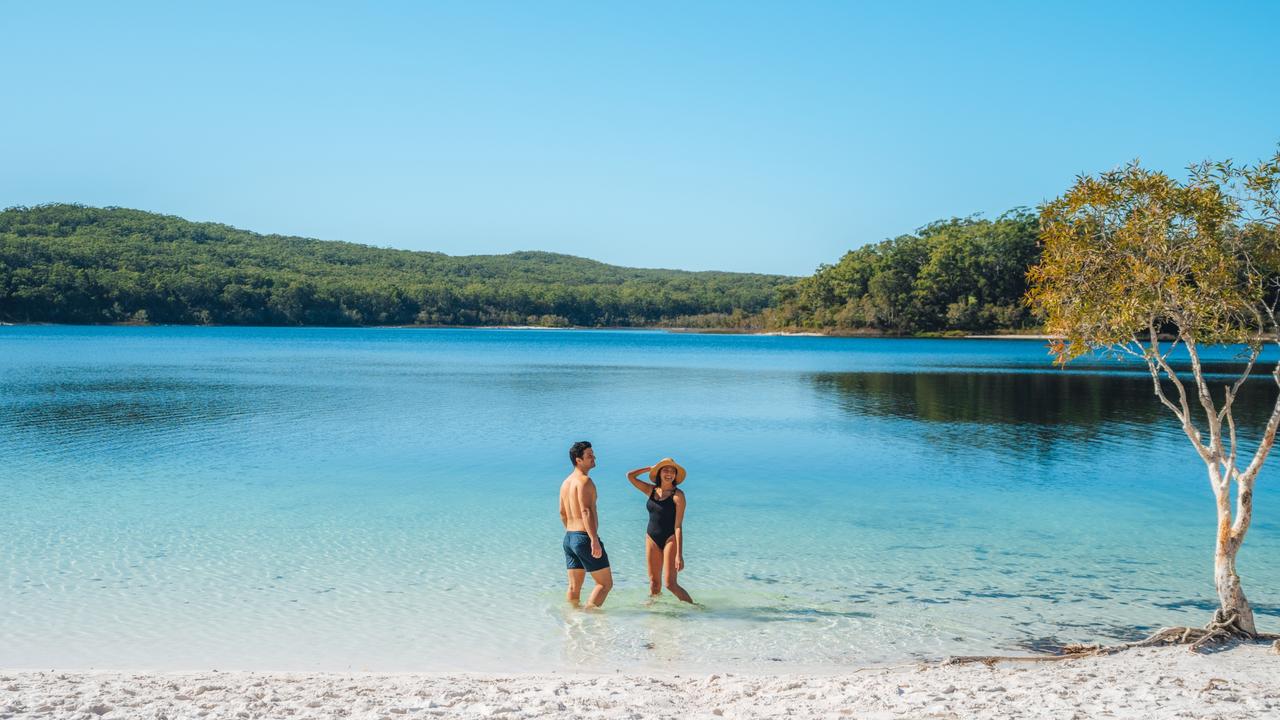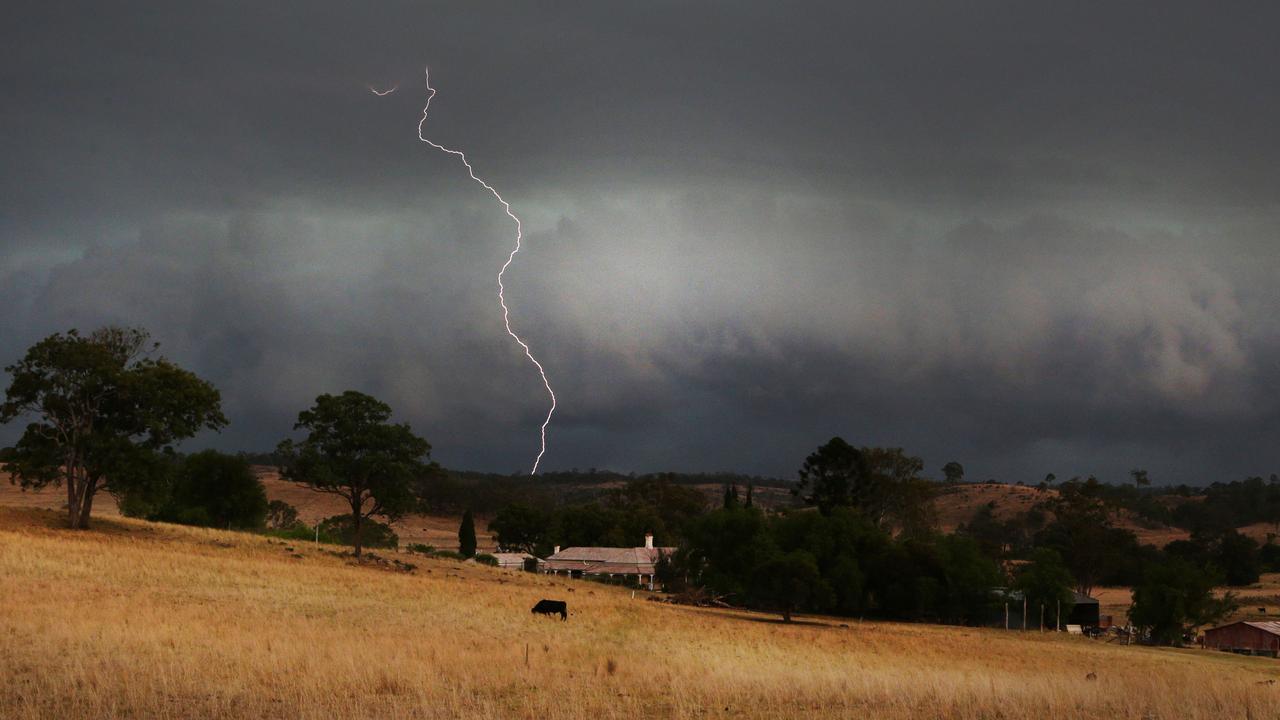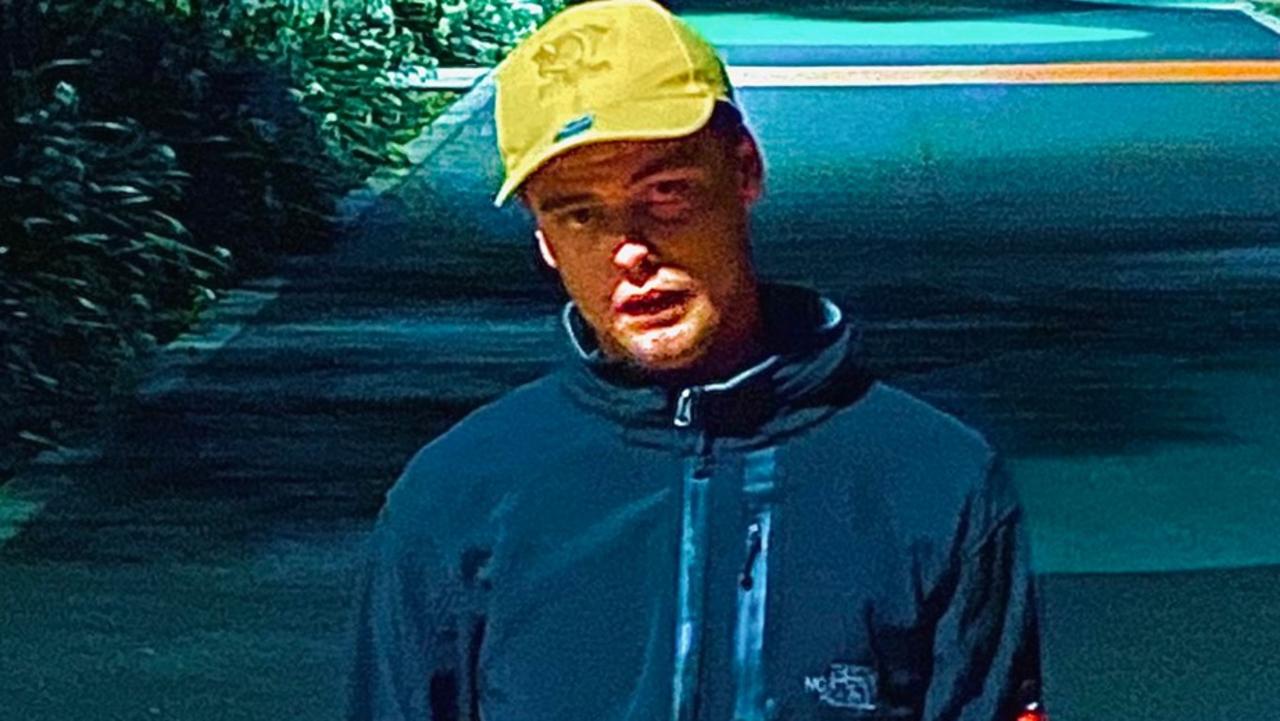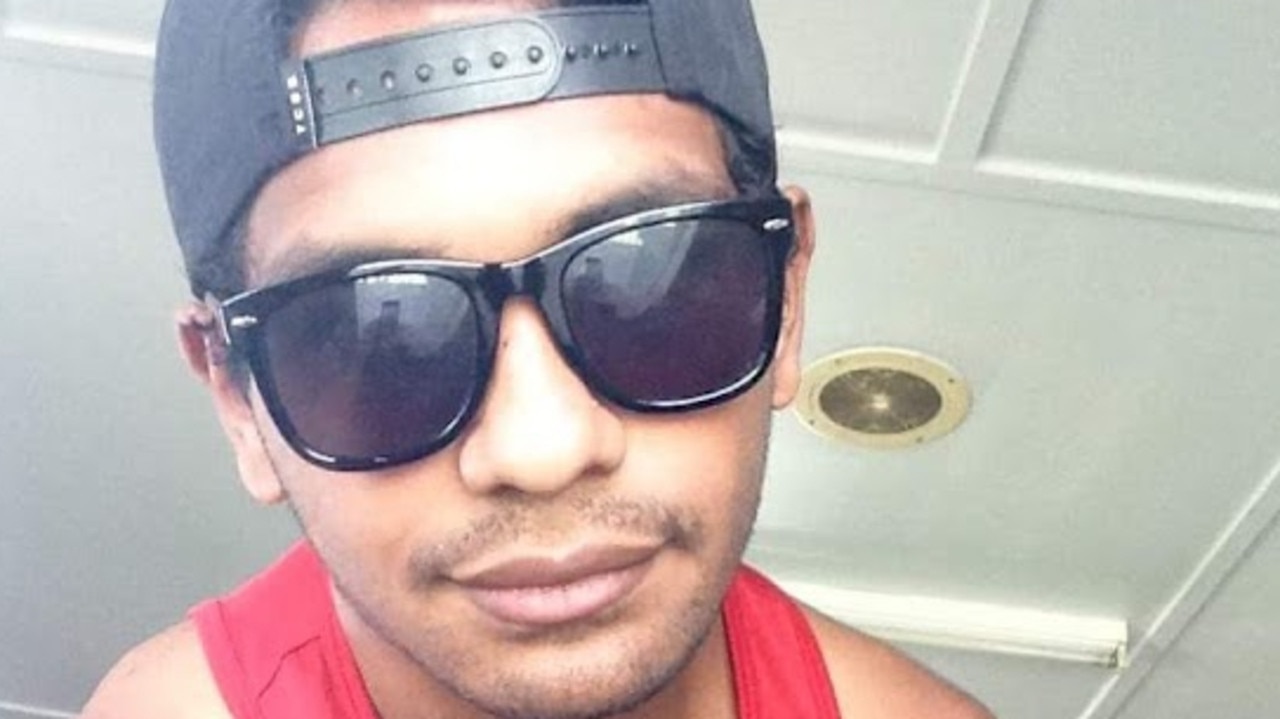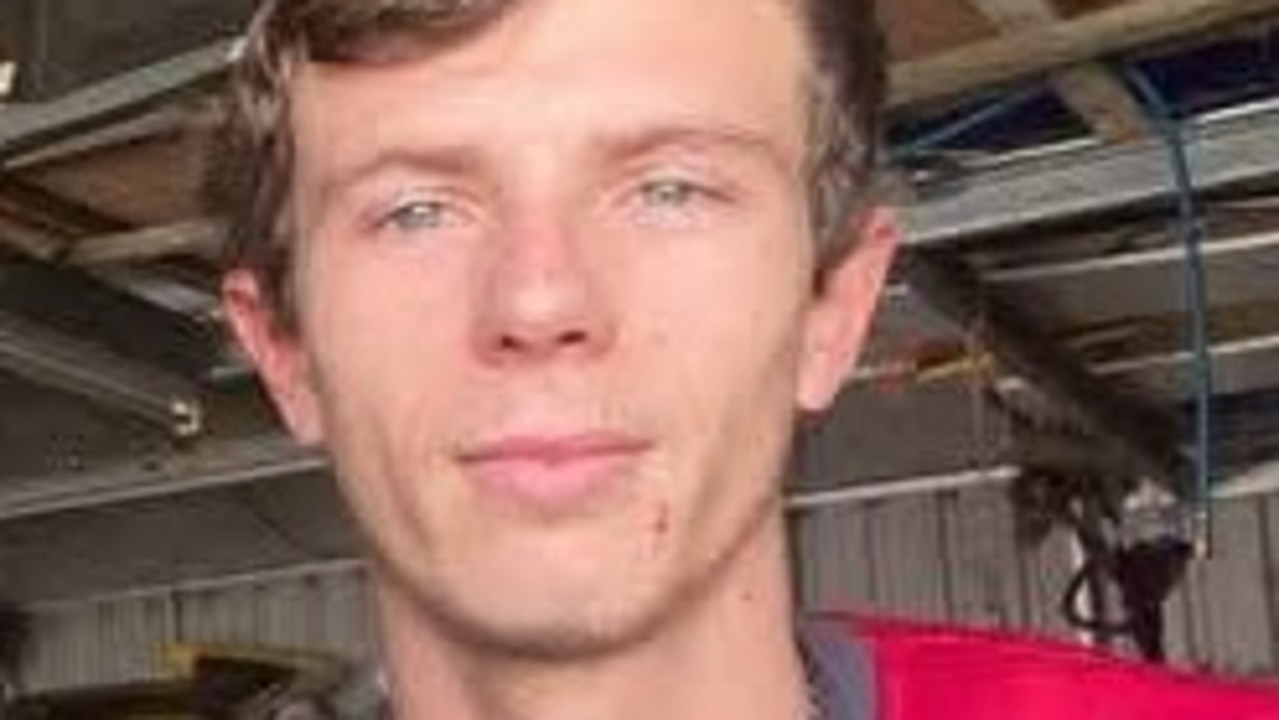Former prisoner raises over $1.3m for incarcerated Aboriginal women
The organiser behind one of the most successful GoFundMe campaigns has spoken on the challenges facing Aboriginal and Torres Strait Islander women who continue to be jailed at higher rates than other Australians.
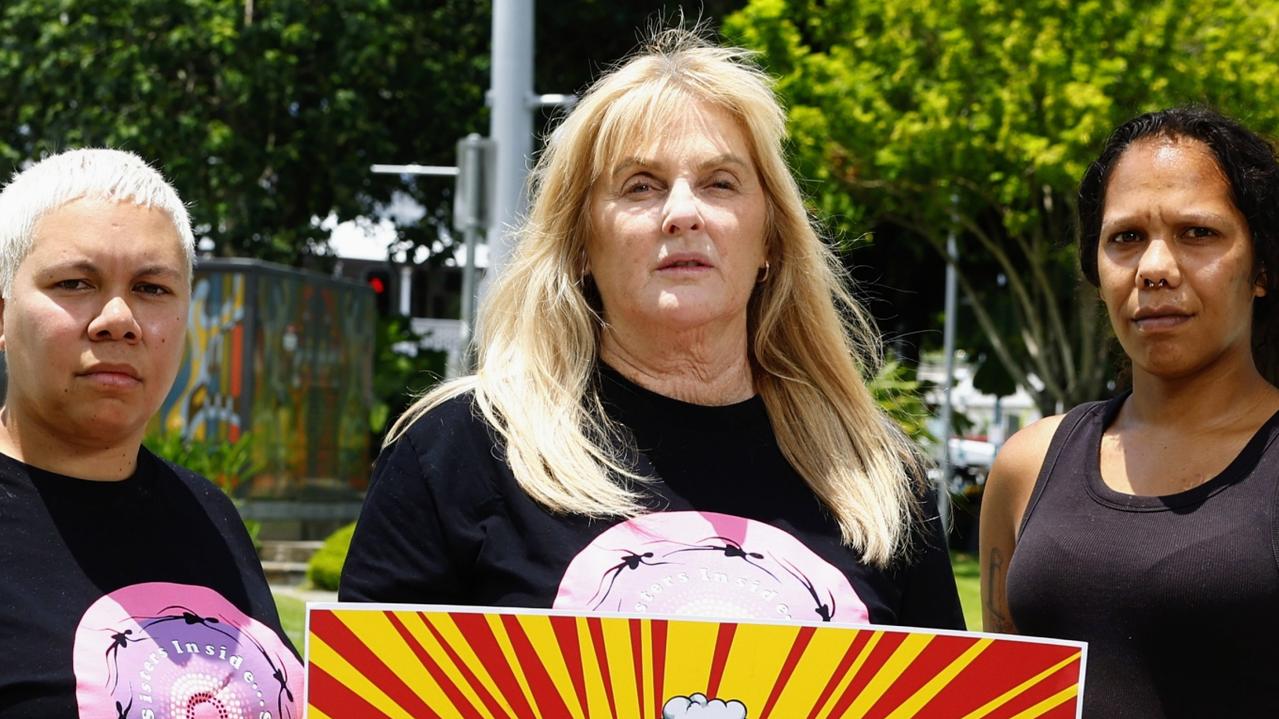
Bundaberg
Don't miss out on the headlines from Bundaberg. Followed categories will be added to My News.
Warning: This story contains the name and images of a deceased Indigenous person.
Since it was created in 2019, a fundraiser launched by not-for-profit Sisters Inside has raised more than $1.3 million dollars, with donations continuing to this day.
The fundraiser, created by Sisters Inside CEO Debbie Kilroy, was sparked by the heartbreak she had witnessed in 2019 after 22-year-old Yamatji woman Julieka Dhu died in custody in Western Australia.
Ms Dhu had been taken into custody for non-payment of fines, and her death sparked widespread public outrage and a campaign to abolish imprisonment of fine defaulters under state legislation.
The Sisters Inside fundraiser, which has raised a more than $1.36 million dollars, was aimed at paying those fines and ensuring Indigenous Australians didn’t face extreme policing for the matter of a few hundred dollars.
“I was very concerned about that because there are so many Aboriginal deaths in custody, and people going to prison for warrants for non-payment of fines is an attack and its discrimination based on race and poverty,” Ms Kilroy said.
In January of 2023 the Western Australian legislation was changed, marking the last state in the country to repeal warrants and time in custody for unpaid fines, including traffic fines.
However, Western Australia isn’t the only part of Australia which has faced disproportionate racial and poverty discrimination, with those in the Wide Bay Burnett struggling to access legal support to the same level as much fo Queensland.
A 2019 report from the Community Legal Centers Queensland identified “significant levels of disadvantage across all three areas in the Bundaberg region (including the Fraser Coast, Gympie and Burnett), particularly when compared to the rest of Queensland”.
This was due to lower average household incomes and homelessness, it found.
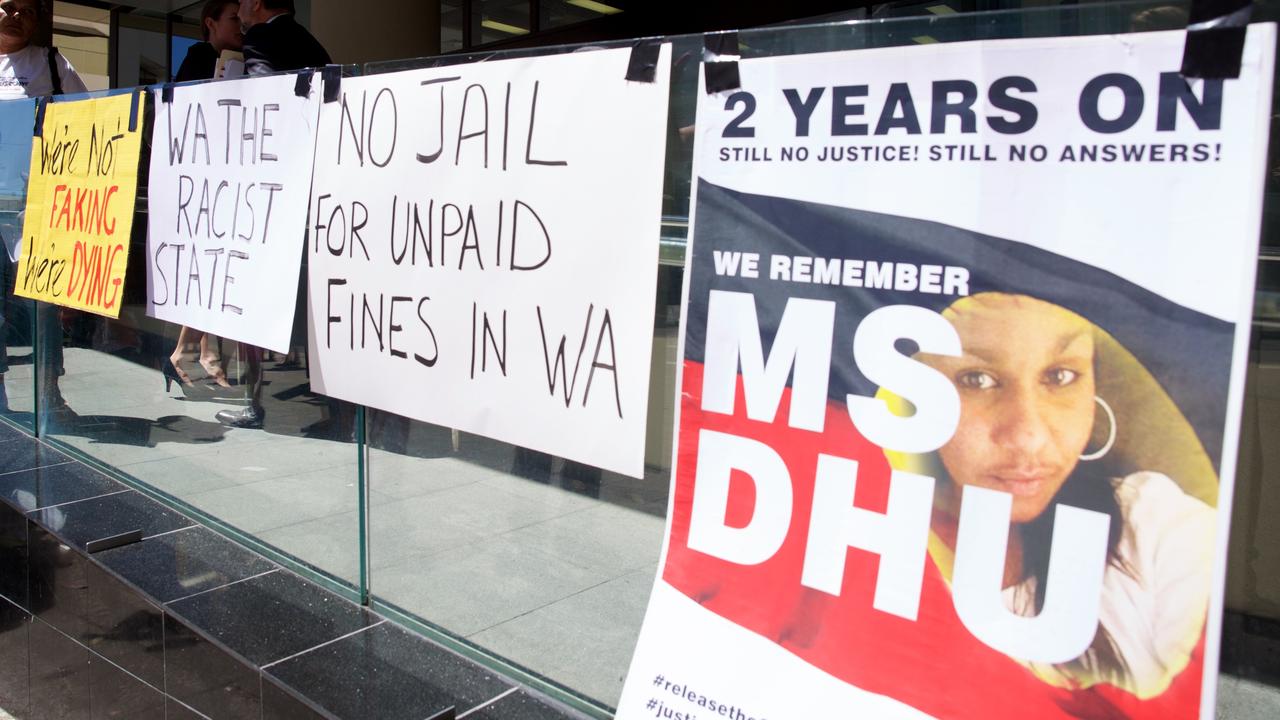
This is further compounded by 2021 census data which shows 5.5 per cent of the Wide Bay Burnett population identifies as Aboriginal and Torres Straight Islander, almost 2 per cent higher than the national average.
With Aboriginal and Torres Straight Islanders from the Wide Bay Burnett showing almost double the need for legal assistance indicators, this goes towards explaining why “where there are multiple layers of disadvantage, the ability to access legal assistance diminishes.”
Ms Kilroy was grateful for the repeal of the “draconian” legislation she claimed was “discriminatory” and represented the ongoing racial targeting facing Indigenous Australians, particularly women.
According to the Australian Bureau of Statistic as of June 2023 there were 42,215 Australians in custody, with Aboriginal and Torres Strait Islanders accounting for 33.19 per cent.
This was despite only 3.8 per cent of Australians population being recorded by the ABS as Aboriginal or Torres Strait Islander, marking a significant disparity for incarceration rates to the average Australian.
“The biggest struggle in regards to our work at Sisters Inside, is that more and more Aboriginal and Torres Strait Islander women are being criminalised and imprisoned,” Ms Kilroy said.
“They’re the fastest growing cohort in our prison population in this country … which is a national shame.”
Ms Kilroy a non-Indigenous woman, who herself spent several years in prison for drug offences, said the statistics came down to the “racial, gendered violence of policing.”
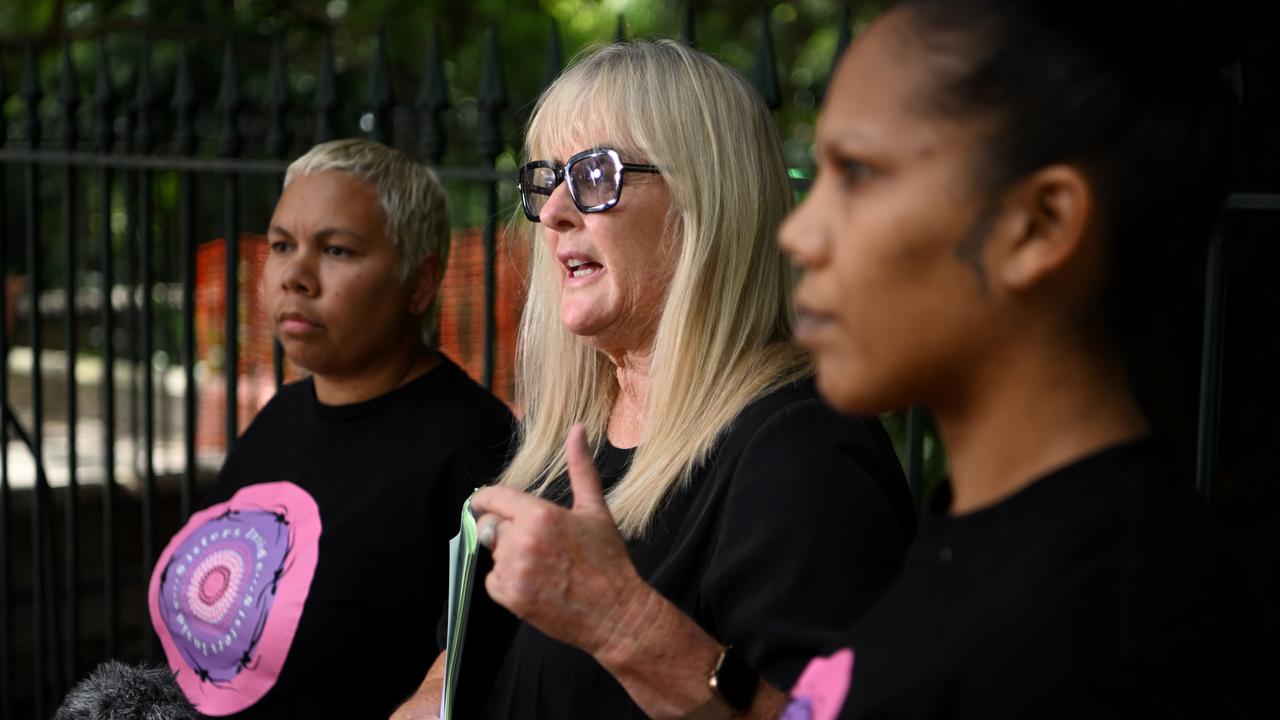
She said the issue was further compounded by the rate of poverty facing Aboriginal Australians which she believed was disproportionately forcing them into homelessness.
“Governments need to address the social issues that Aboriginal and Torres Strait Islander women and girls face, there needs to be safe, affordable housing, there needs to be education, training, employment and they’re not being addressed in a way which actually assists Aboriginals and Torres Strait Islanders,” she said.
Sisters Inside have now supported hundreds of Aboriginal and Torres Strait women across the country, from their offices in Brisbane and Townsville.
“Aboriginal women were hiding, and ducking and weaving and running worried about police picking them up and taking them to prison, and also taking their children,” she said.
“They were living in poverty and couldn’t pay the fine, so to date we have supported over 780 Aboriginal women.”
Ms Kilroy said the organisation began by paying the fines of the women in custody, itself a battle due to the privacy issues of the courts which would not release names of those incarcerated.
From there Sisters Inside has continued to pay the fines of those struggling to support their families, and alleviate poverty disproportionately facing Aboriginal Australians.
“That could be about food, or putting homeless women in stable accommodation, or children going back to school who can’t afford uniforms, books and paying for them, it could be about medication, it could be about many things,” she said.
More Coverage
Originally published as Former prisoner raises over $1.3m for incarcerated Aboriginal women



